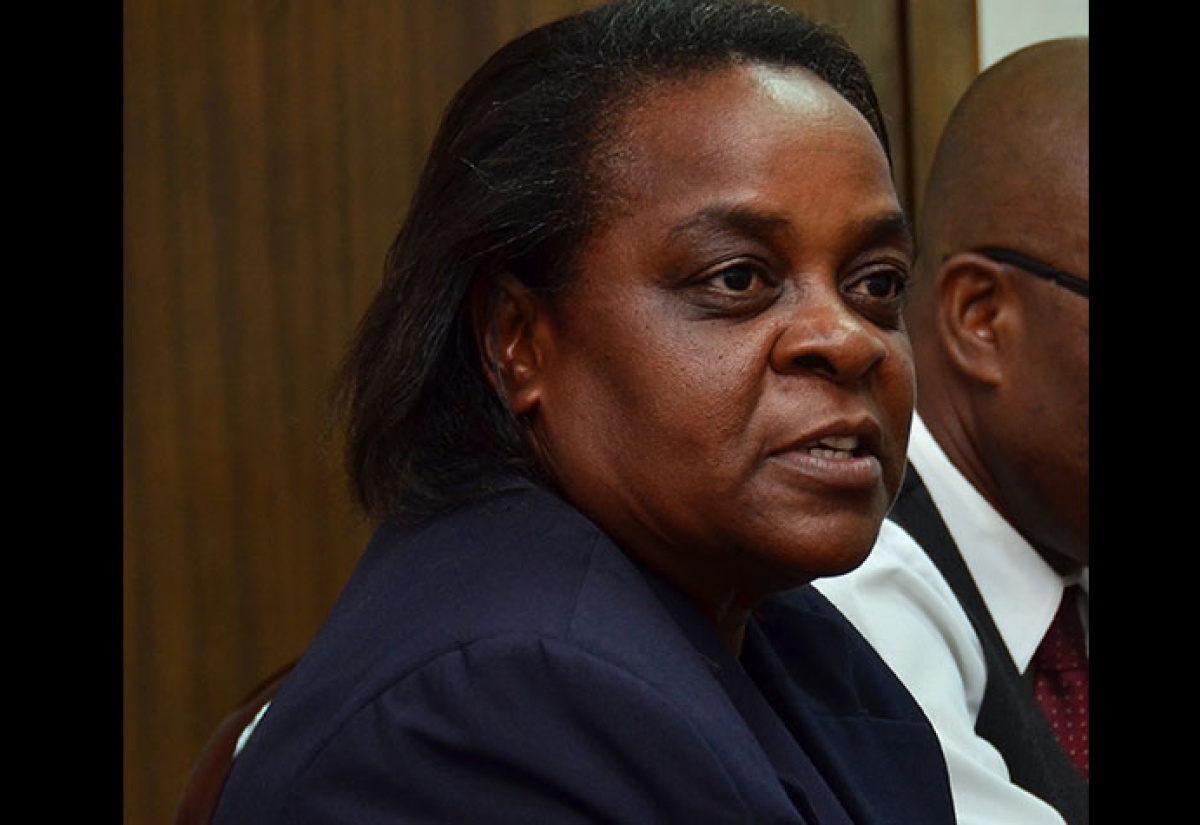Report Sexual Abuse of Children – CISOCA
By: , May 28, 2016The Key Point:
The Facts
- Reports are made primarily to the centre by school guidance counsellors, the Child Development Agency (CDA), hospitals, the Office of the Children’s Registry (OCR) and probation officers.
- CISOCA’S work is also complemented by other legislation such as the Trafficking in Persons Act, Cybercrime Act, Child Pornography Act, The Judicature Resident Magistrate’s Act, and the Offences Against the Person Act.
The Full Story
The Centre for Investigation of Sexual Offences and Child Abuse (CISOCA) is imploring parents and guardians to report known or suspected cases of child abuse.
“We treat every matter that comes to our attention swiftly and we respect the rights of individuals to privacy and confidentiality, so there is nothing to fear as we have the child’s interest at heart,” says Head of CISOCA, Superintendent of Police (SP) Enid Ross Stewart.
She tells JIS News that under the Sexual Offences Act 2009 and the Child Care and Protection Act, CISOCA is empowered to take action on all reports of sexual offences in relation to children.
She points out that children under the age of 16 cannot give consent for sex and so the law makes it mandatory for sex offenders to face punitive measures before the court.
Reports are made primarily to the centre by school guidance counsellors, the Child Development Agency (CDA), hospitals, the Office of the Children’s Registry (OCR) and probation officers.
Noting that child victims are less likely to report abuse, SP Ross Stewart says the Child Care and Protection Act makes it mandatory for parents and citizens to inform of known or suspected incidents.
“The law is strict in respect of the failure of persons to report instances of child abuse (sexual of physical) and expressly provides a list of prescribed persons,” she points out. These include physicians, nurses, dentists, principals and teachers.
“The State has placed these persons as those responsible and has the burden of reporting all instances of abuse that come to their attention. Failure to comply with this section of the law results in sanctions,” she warns. This includes fines and/or imprisonment for six months.
SP Ross Stewart tells JIS News that CISOCA has developed a collaborative approach in addressing sexual abuse of children and has been working closely with other State agencies such as the CDA and the Women’s Centre of Jamaica Foundation.
“We collectively take decisions to restore normalcy to families and the best interest of the child is observed,” she says, noting that matters are also referred to various State entities so that therapy can be facilitated.
She notes that even after the case has been resolved CISOCA continues monitoring through the school guidance counsellors, foster parents, among other means.
SP Ross Stewart tells JIS News that among the most challenging cases to investigate are those where the victim is in an intimate relationship with the perpetrator and is unwilling to give evidence.
“Complainants who are pregnant with the accused person’s child are also unwilling to come forward and give evidence because of the fact that the accused person is the one who will be giving child support financially or emotionally,” she points out.
She notes further that when a person is charged with having sexual intercourse with a person under age 16, in many instances, when the complainant reaches adulthood, she may indicate to the court that she no longer wishes to go any further with the matter against the accused.
“This is because the complainant is now an adult and can decide not to proceed with the matter without the consent of their parents,” she points out.
It is for this reason, she says that it is important for responsible persons to come forward and report what they know.
CISOCA’S work is also complemented by other legislation such as the Trafficking in Persons Act, Cybercrime Act, Child Pornography Act, The Judicature Resident Magistrate’s Act, and the Offences Against the Person Act.


